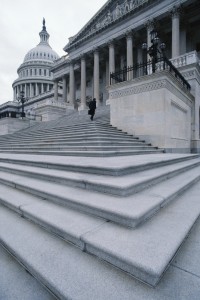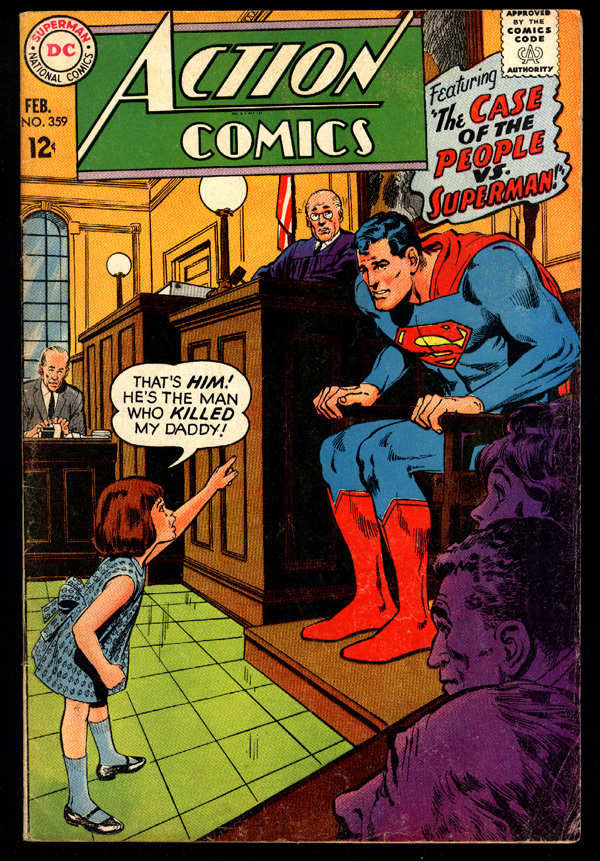Since the Dodd-Frank Act was passed this summer, every one is trying keep up with it. Librarians and practitioners need to understand what the legislation means to their organization. Here at PLI, our program attorneys have created a series of 1-hour briefings on the Dodd-Frank Act. If you are looking for timely and up-to-date information you should check out these briefings.
one is trying keep up with it. Librarians and practitioners need to understand what the legislation means to their organization. Here at PLI, our program attorneys have created a series of 1-hour briefings on the Dodd-Frank Act. If you are looking for timely and up-to-date information you should check out these briefings.
Also, our PLI Securities Law Practice Center has been providing valuable insight. For example, the Dodd-Frank Act increases whistleblower protections and outlines the bounty a whistleblower may receive. This will encourage citizens to report wrongdoing and help shield them from retaliation. The plan models similar IRS whistleblower protections which have proved successful. Interested in learning more? PLI’s Securities Law Practice Center blog addressed this topic.
 stions:
stions:



 What are the rare books librarians at Yale University up to these days? Showing us how much fun archives really can be.
What are the rare books librarians at Yale University up to these days? Showing us how much fun archives really can be. 